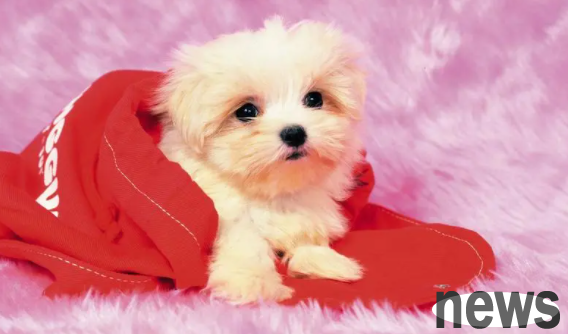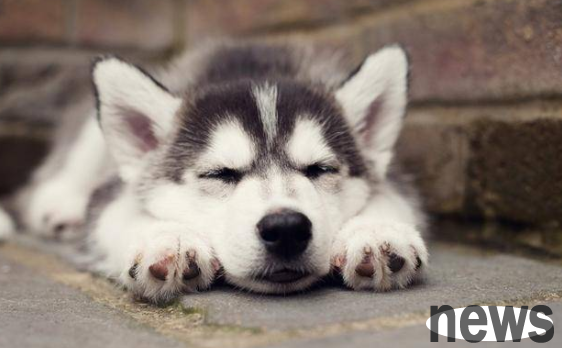Owners of pet dogs at home should pay more attention to the dog’s condition when their dog becomes pregnant, especially in the days before delivery. But do you know what happens when a dog keeps panting after giving birth to puppies? There are these...
Owners of pet dogs at home should pay more attention to the dog’s condition when their dog becomes pregnant, especially in the days before delivery. But do you know what happens when a dog keeps panting after giving birth to puppies? There are these reasons, let’s take a look.

1. Postpartum calcium deficiency
Postpartum calcium deficiency in dogs will cause panting, accompanied by other symptoms such as listlessness, difficulty breathing, convulsions, and body stiffness. This is especially common in small and medium-sized female dogs with large litters, high lactation, and no calcium supplements during pregnancy. If this is the case, it is recommended that the owner feed the dog calcium supplements or calcium tablets in time, or inject calcium gluconate solution intravenously. After the dog recovers, the owner still needs to pay attention to supplementing the dog with an appropriate amount of calcium to avoid the recurrence of postpartum calcium deficiency symptoms.

2. Bad breath in the body
Some dogs are weak after giving birth to puppies because of their poor physical constitution. Bad breath in the body will cause panting. This is normal physiological panting. As long as the dog has no other abnormalities and the owner takes careful care of it for a period of time and allows the dog to rest well for a few days, it will be fine.
Note: Since giving birth requires a lot of energy, it is recommended that owners pay more attention to supplementing the dog with more nutrients and protein after the dog has given birth to ensure the mother's nutritional needs and the adequacy and nutrition of breast milk. In addition to dog food, you can also feed chicken breasts, boneless fish, beef, egg yolks, goat milk powder, nutritional paste, etc.